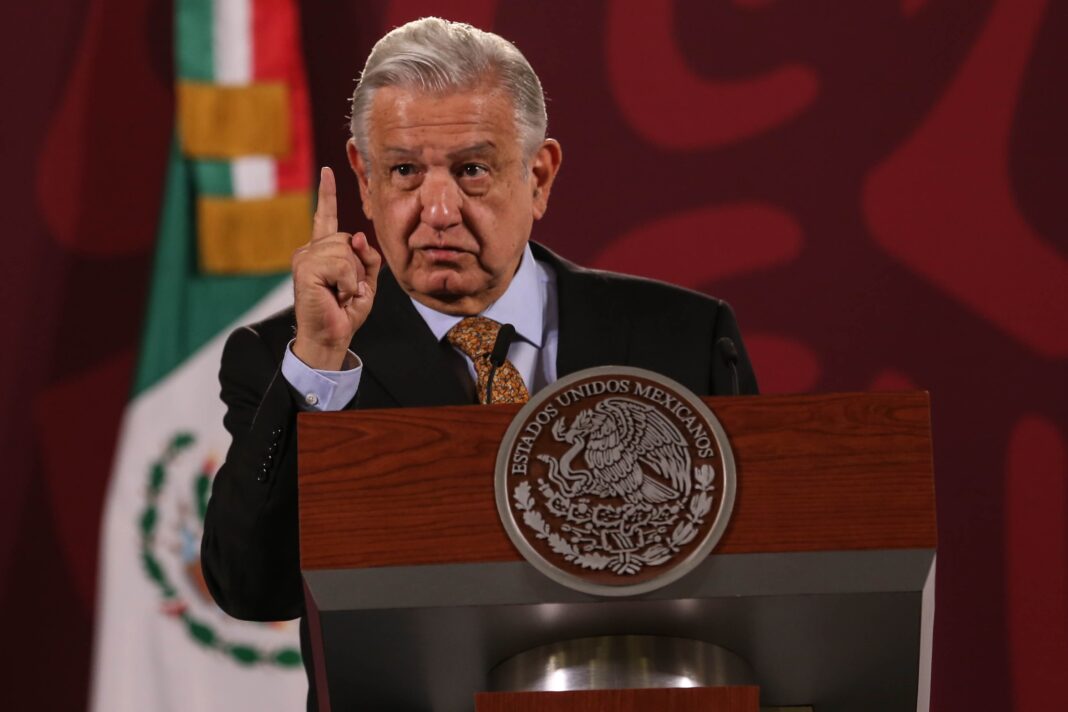by Maurizio Sacchi
Mexican President Andrés Manuel López Obrador publicly attacked a Reuters investigation: “They’re cheats, liars,” he said at his press conference. On 18 August, the British news agency described how organised crime groups disguise drug profits: to bring money from US drug sales to Mexico, they make it look like emigrant remittances.
The article is based on interviews with more than 60 Mexicans living in the Country who claimed to have been paid by the Sinaloa cartel to receive narco-dollars sent by clan agents from the US and then pass the money on to affiliates once it arrived in Mexico. This made it easier for the cartels to disguise the return of profits, as these were small transfers sent across the Country by ordinary people with no obvious links to organised crime. The Reuters investigation is also based on documents from eight cases in US Federal Courts and interviews with dozens of sources, including insiders, analysts and law enforcement officials on both sides of the border.
Remittances to Mexico, almost exclusively from the United States, reached a record $58.5 billion last year, according to data from the Central Bank of Mexico. This is an increase of $25 billion (+74%) compared to 2018, when López Obrador came to power, and represents up to 4.3% of the country’s GDP.
López Obrador tried to discredit the survey by saying that the Reuters report implied that “most remittances are related to selling drugs”. In facts, according to a US official on illicit finance and a March report by the Mexican think-tank Signos Vitales, between 7.5 and 10% of remittances could come from illegal activities. This amounts to an annual flow of between $4 billion and $5 billion. Signos Vitales said the Mexican president had “not presented any arguments to the contrary”.
Are US hawks thinking of war? Florida Governor Ron DeSantis said in the wake of the scandal: “We’re going to act,” reiterating his pledge to send US Special Forces to Mexico to take on the drug cartels if he is elected to the White House. The Republican presidential candidate added: “It’s humbling to see that the cartels have this kind of control. They are effectively invading our country and killing our people”. The Florida Governor first raised the issue during the Grand Old Party (GOP) presidential debate. When asked if he would support sending Special Forces into Mexico, DeSantis responded unequivocally: “Yes, and I will do it on day one”.
Florida governor’s spokesman Bryan Griffin went further, describing the plan: “Ron DeSantis will declare a national emergency on day one (after the election ed.), mobilise all military resources, declare the cartels narco-terrorists and change the rules of engagement at the border. The full force of the federal government will be used to ensure that the flow of illegal drugs is stopped, and it will use all the tools at its disposal to do so”.
But experts have already warned that military action on the soil of the United States’ southern neighbour could trigger a diplomatic crisis. Vanda Felbab-Brown, director of the Non-State Armed Actors Initiative at the Brookings Institution, explained that designating the cartels as a foreign terrorist organisation would allow for “lethal action”, although “it doesn’t eliminate the diplomatic controversy and outrage in Mexico (…) We can say what we want on our side, but from the perspective of the Mexican government and military, it would be seen as a massive violation of sovereignty”.
A very different approach to that of the current US Government. On 1 April, President Joe Biden’s administration announced that it would work with Mexico and Colombia to ensure that the fight against drug production and trafficking is conducted in accordance with the law and respect for human rights.
On the cover photo, Mexico’s President Andrés Manuel López Obrador © Octavio Hoyos/Shutterstock.com
To learn more, read our Central America macro areas factsheet
























